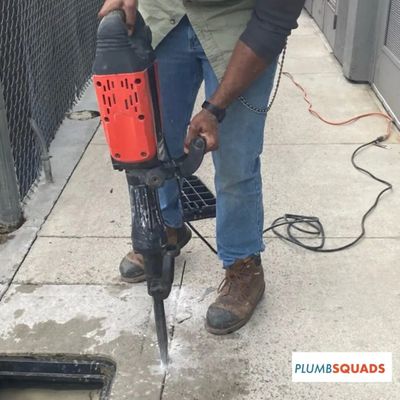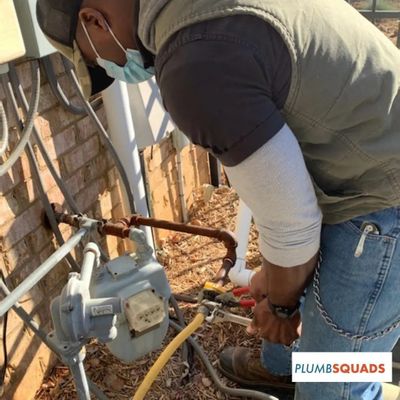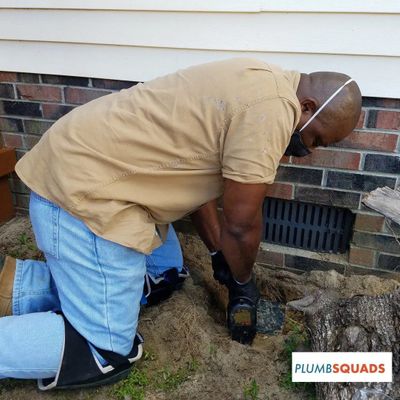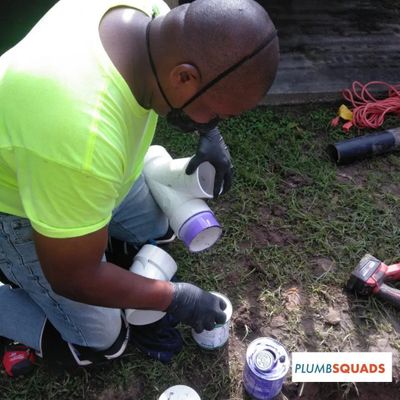Blog
Recent Updates
ARE CRACKS IN CONCRETE A SIGN OF A WATER LEAK?
Almost all homes are constructed with a concrete slab foundation with plumbing running underneath. When your plumbing pipes crack or leak, it can cause water to leak under the concrete slab foundation of your house, and do quite a bit of damage in little time. A slab leak means major water damage to walls, hardwood flooring, carpeting, drywall, high water bills and pricey problems down the road.
While cracks and crevices can be caused...
moreDO YOU HAVE A GAS LEAK?
Do You Have a Gas Leak?
Gas leaks are a serious safety hazard, and they can be difficult to detect. If you think you might have a gas leak, it’s important to take action immediately.
Here are some of the signs and symptoms of a gas leak:
- The smell of rotten eggs. Natural gas is odorless, but companies add a chemical to make it smell like rotten eggs so that it’s easier to detect.
- A hissing or whistling sound. If...
WHY YOU NEED A UNDERGROUND PLUMBER
Why You Need a Underground Plumber
If you own a underground property, you know that the plumbing system is essential to the smooth operation of your business. A well-maintained plumbing system can help to prevent costly repairs and keep your customers happy. However, if there is a problem with your plumbing, it can quickly become a major inconvenience and even a safety hazard.
That’s why it’s important to have a undergroundÂ...
moreSEPTIC TANK MAINTENANCE
Septic Tank Maintenance: How to Keep Your System Running Smoothly
A septic tank is a buried tank that treats wastewater from your home. It’s important to maintain your septic tank regularly to keep it working properly. This will help to prevent costly repairs and keep your home safe from health hazards.
Here are some tips for septic tank maintenance:
- Have your septic tank pumped every three to five years. This will...
DO YOU KNOW WHERE YOUR SEWER LINES ARE LOCATED?
Do You Know Where Your Sewer Lines Are Located?
Sewer lines are an essential part of any home’s plumbing system. They carry wastewater away from your home and into the sewer system. However, if you don’t know where your sewer lines are located, you could be putting yourself and your home at risk.
There are a few reasons why it’s important to know where your sewer lines are located:
- To prevent leaks and clogs. If you...





